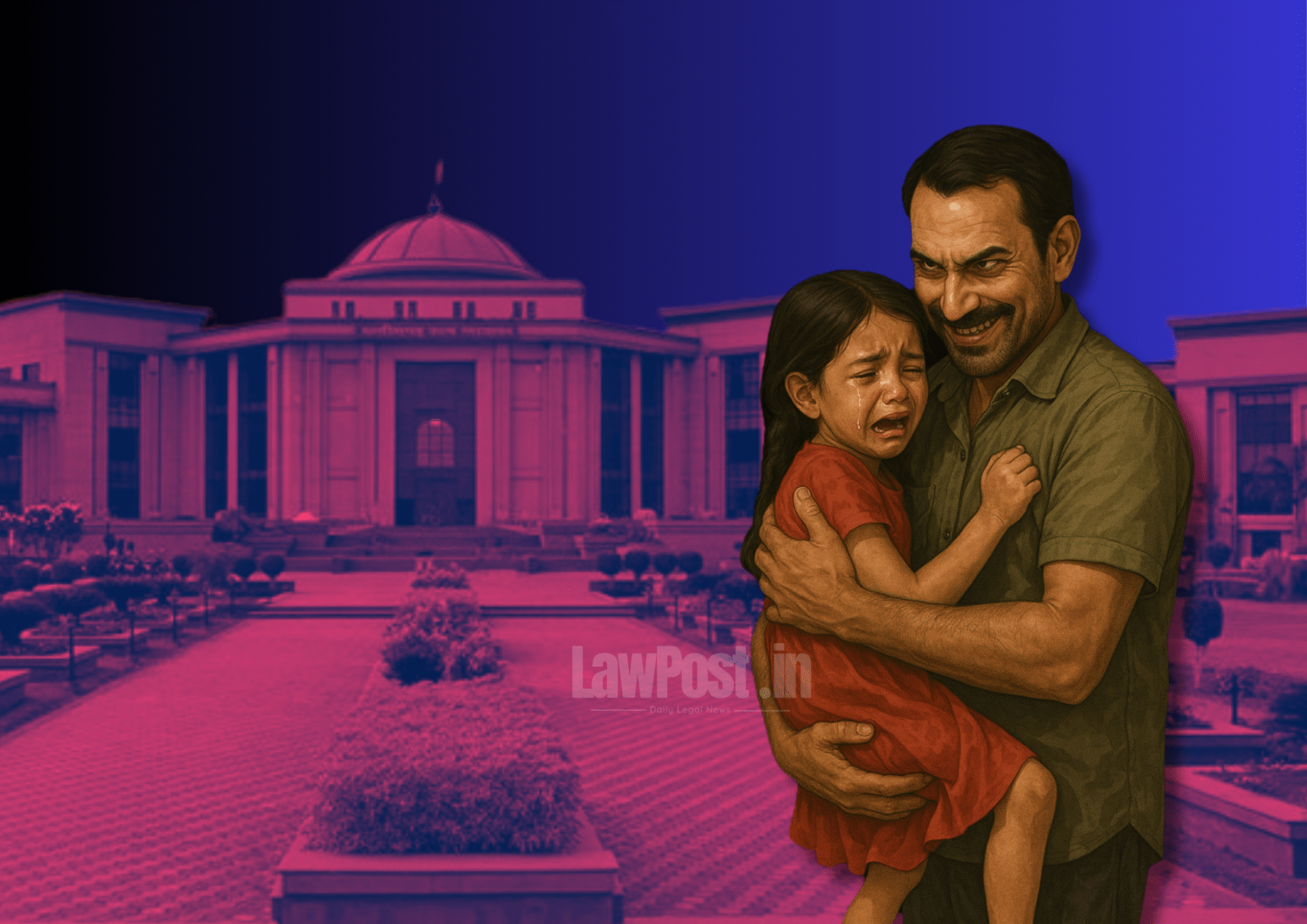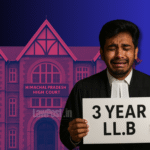In a significant ruling, the Chhattisgarh High Court has upheld the acquittal of a man accused under the Protection of Children from Sexual Offences (POCSO) Act, observing that a solitary expression of love—without sexual intent—does not amount to “sexual assault” under Section 7 of the Act.
The case arose from an incident in which a 15-year-old girl alleged that the accused shouted “xxx, I love you” (with ‘xxx’ denoting her name) while she was returning home from school. She further claimed that he had previously harassed her, despite being warned.
The trial court had acquitted the man of all charges, prompting the State to file an appeal under Section 378 of the CrPC. The respondent had been charged under Sections 354-D and 509 of the IPC, Sections 8 and 12 of the POCSO Act, and Section 3(2)(va) of the Scheduled Castes and Scheduled Tribes (Prevention of Atrocities) Act.
However, Justice Sanjay S. Agrawal of the High Court, after a thorough examination of the evidence and testimonies, found no grounds to interfere with the acquittal. The Court noted:
“It is to be seen at this juncture that it was his solitary act while showing his ‘expression of love’, and a close scrutiny of her statements, vis-a-vis, the statements of her friends, would reveal the fact that it was not made with an intention of his ‘sexual desire’.”
Citing the legal requirement of “sexual intent” as a critical ingredient under Section 7 of the POCSO Act, the Court remarked:
“The alleged expression of him alone would not constitute ‘sexual assault’ as provided under Section 7 of the POCSO Act. None of the ingredients provided under the aforesaid provision are, thus, found to be established attributing him for the commission of the alleged crime.”
Furthermore, the Court observed inconsistencies in the prosecutrix’s testimony. Although she claimed the accused later used obscene language, this was not reflected in her written complaint and lacked corroboration from other witnesses, including her parents and friends.
“Her version to this effect is, therefore, not found to be trustworthy and/or, would be sufficient to implicate the respondent for the commission of the alleged offence under Section 509 of IPC,” the judgment read.
The Court also found no evidence that the act was motivated by caste-based prejudice to attract the SC/ST Act.
Dismissing the State’s appeal, the Bench concluded that the case lacked merit, reinforcing that an expression of love, without more, does not meet the threshold of criminality under the POCSO Act.
Case: State Of Chhattisgarh vs Rupendra Das Manikpuri – Available on LAWFYI.IO








